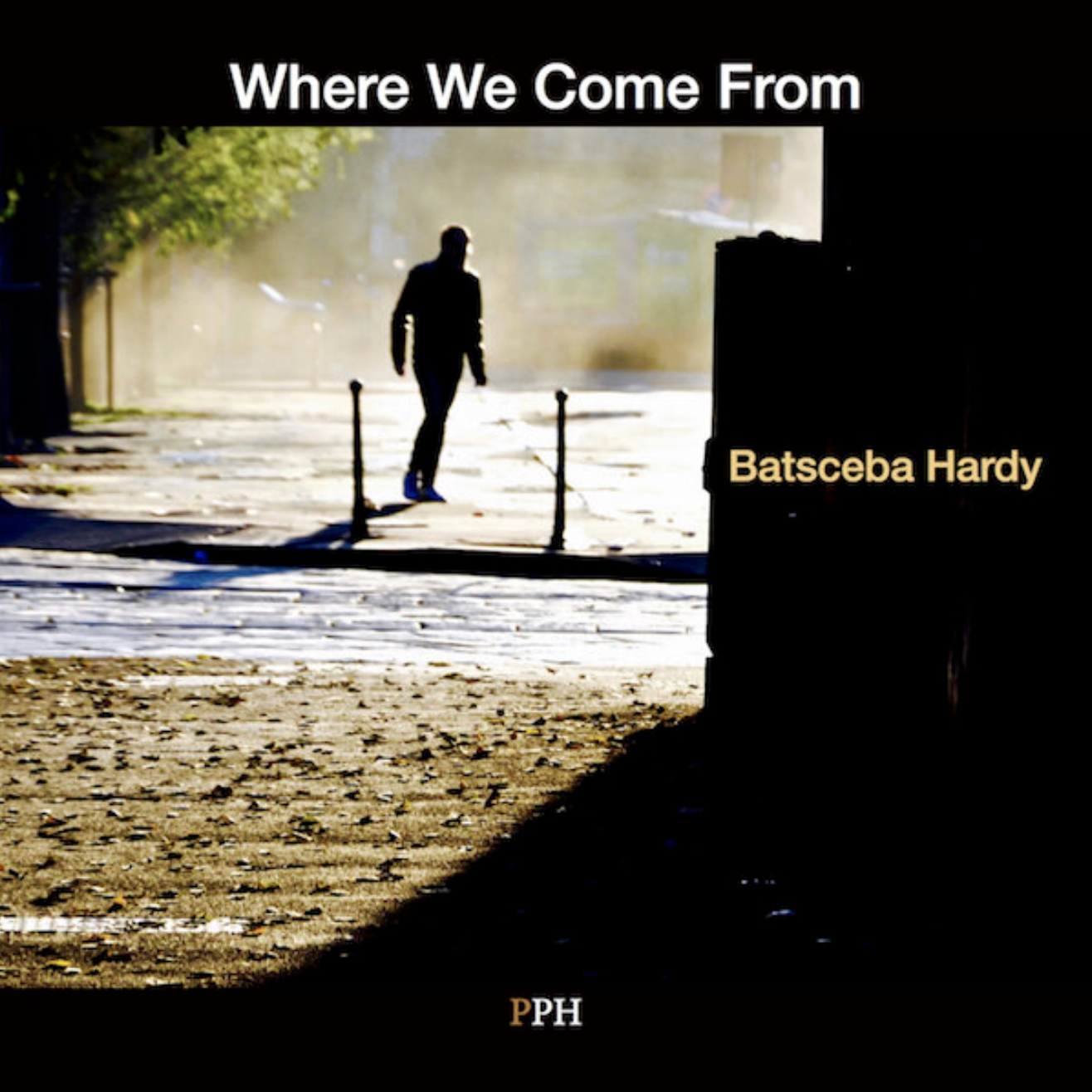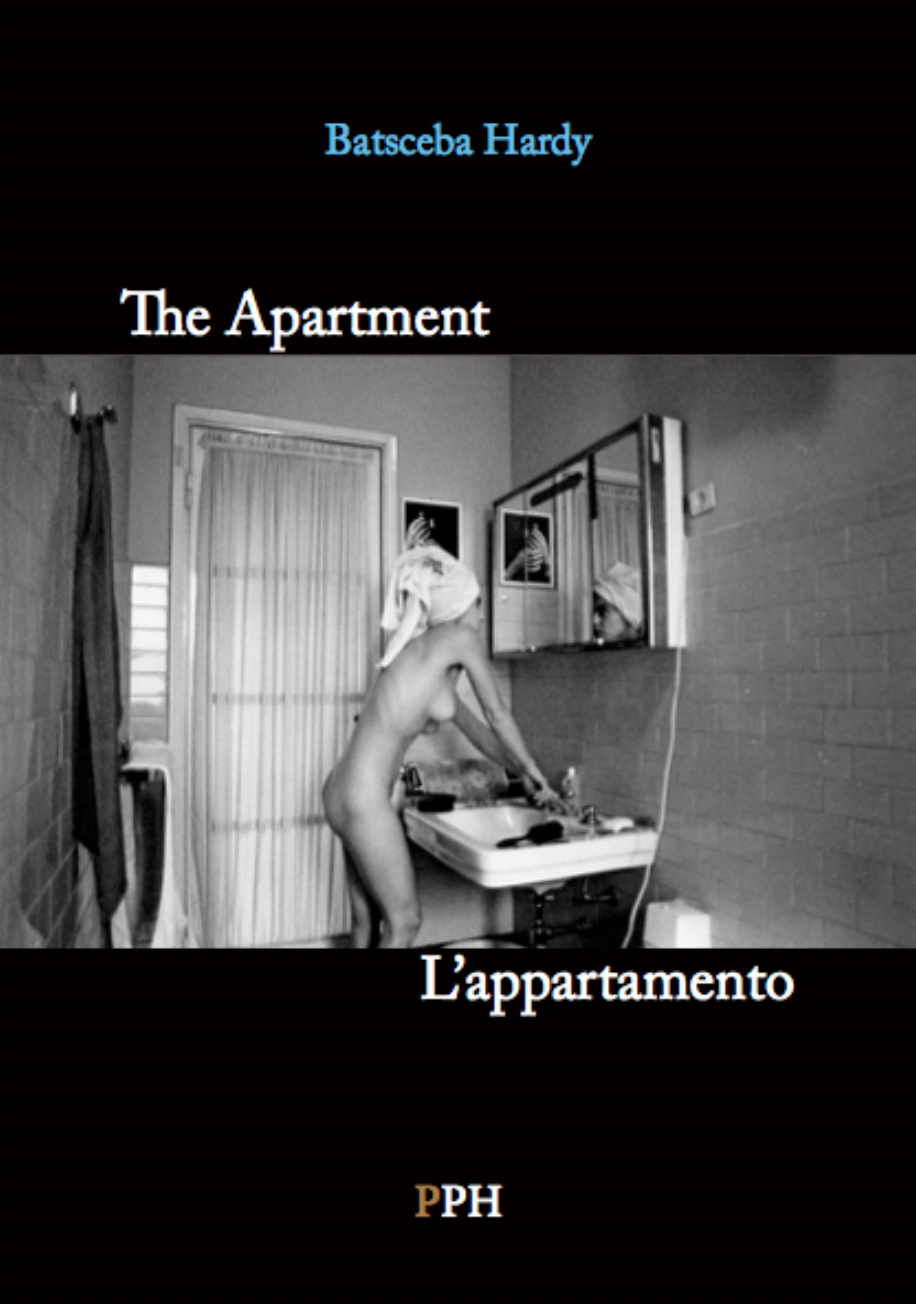Mercoledì 12 ottobre
I’ve never felt like a Milanese. I was born Italian in this city where my parents met, but I never even felt Italian. As a child, I never understood the need to feel that I belonged to a Nation. My grandmother was Viennese, and from her I learned everything important: to make cookies, to cook; to celebrate Christmas, to imagine, to read stories. And when I studied the Five Days of Milan *, I did not know with whom I had to side.
I read Mark Twain’s books, and I was on the Mississippi River, familiar with the smells and currents, and the beauty and the sadness of that mighty river. I was a Dakota on horseback in the sacred Black Hills of the American West, or a Sikh on the holy Ganges River at Varanasi in India.
I never felt like a female, and always thought of myself as a neutral being, probably someone else’s dream.
If I had been born at this age, school authorities would have labelled me as 'different’ with problems of gender and identity in general. I am also dyslexic, yet in my youth this condition was not recognized and so teachers left me alone. This allowed me to grow and form my brain map. And become what I am (thanks to my Viennese grandmother) a camouflaged neuro-diverse. A “Lacking” without problems of gender, and happily resolved through creative expression.
But let’s get back to the question: Where do I come from?
I come from the pastures of my sky, from the valleys of my dreams, from the high tides.
I have always lived in Milan until one day I found myself in Berlin. And there I found the smells imagined in my childhood. The houses were familiar to me even though I had never lived in the German culture. And that’s where I started to photograph again (in the 1970s I was a professional photographer) and become a street photographer. To discover myself in a place that was not mine and yet was congenial to me.
Milan? For me there is a neighbourhood, it spreads over an area, the one that I can walk without too much effort. My area ... where I was born raised and returned to. After all, for a person who has absolutely no sense of direction, it is normal for the world to rotate in an area, whether it is in Milan, Berlin or Neverland.
I don’t think I’m essentially a street photographer. I guess Photography is just the way for me to express how I see things. It has something to do with a philosophical approach to reality. I have always had this way of observing reality, dwelling on details, on scenes that tell me something.
Early on in my life, I felt inspired by what was around me. Eventually, I got into street photography. It was a slow process. And this happened in a city that was not my hometown, where my view got released from all the parameters and preconceptions that you naturally develop in known places. What I perceived in that new urban landscape – and became the ghost I kept freezing everywhere and in everyone’s face with my shots – was an intense feeling of loneliness. As a photographer, I am already used to entering the world of loneliness because I must be able to become invisible. So I found myself breathing in my own loneliness and the solitude of those around me.
It is the distance between the photographer and the rest of the people that allows the photographer to notice what is overlooked and under-loved. I found this particular statement that confirms my thoughts: “... if love belongs to the poet, and fear to the novelist, then loneliness belongs to the photographer. To be a photographer is to willingly enter the world of the lonely because it is an artistic exercise in invisibility.” – Hanya Yanagihara, Loneliness Belongs to the Photographer, The New Yorker.
The photographer feels and represents the loneliness of humanity. This society is turning us into monads ... and street photographers are those who daily tell us about the loneliness of mankind through their shots. And that’s why words are superfluous in this realm. Only by looking at photographs, we can understand this.
Non mi sono mai sentito milanese. Sono nata italiana in questa città dove si sono conosciuti i miei genitori, ma non mi sono mai nemmeno sentita italiana. Da bambina non ho mai capito il bisogno di sentire di appartenere a una Nazione. Mia nonna era viennese e da lei ho imparato tutto ciò che è importante: fare i biscotti, cucinare; per festeggiare il Natale, per immaginare, per leggere storie. E quando ho studiato le Cinque Giornate di Milano*, non sapevo con chi dovessi schierarmi.
Ho letto i libri di Mark Twain ed ero sul fiume Mississippi, sentivo gli odori e seguivo le correnti, vivendo la bellezza e la tristezza di quel possente fiume. Ero un Dakota a cavallo nelle sacre Black Hills del West americano, o un Sikh sul sacro fiume Gange a Varanasi in India.
Non mi sono mai sentita una donna, e ho sempre pensato di me stessa come un essere neutrale, probabilmente qualcuno nel sogno di qualcun altro.
Se fossi nato in questa età, le autorità scolastiche mi avrebbero etichettato come 'diverso' con problemi di genere e identità in generale. Sono anche dislessica, eppure ai miei tempi questa condizione non era riconosciuta e così gli insegnanti mi hanno lasciato in pace. Questo mi ha permesso di crescere e formare la mia mappa cerebrale. E diventare quello che sono (grazie alla nonna viennese) una neuro-diversa mimetizzata. Una mancante senza problemi di genere, e felicemente risolta attraverso l'espressione creativa.
Ma torniamo alla domanda: Da dove vengo?
Vengo dai pascoli del mio cielo, dalle valli dei miei sogni, dall'alta marea.
Ho sempre vissuto a Milano, finché un giorno mi sono ritrovata a Berlino. E lì ho ritrovato gli odori immaginati nella mia infanzia. Le case mi erano familiari anche se non avevo mai vissuto nella cultura tedesca. Ed è lì che ho ricominciato a fotografare (negli anni '70 ero una fotografa professionista) e sono diventata una fotografa di strada. Per scoprirmi in un luogo che non era mio e tuttavia mi era congeniale.
Milano? Per me c'è un quartiere, si estende in una zona, quella in cui posso camminare senza troppa fatica. La mia zona... dove sono nata cresciuta e dove sono tornata. Dopotutto, per una persona che non ha assolutamente il senso dell'orientamento, è normale che il mondo ruoti in un'area, che sia Milano, Berlino o l'Isola che non c'è.
Non credo di essere realmente un fotografo di strada. Immagino che la fotografia per me sia solo il modo per esprimere come vedo le cose. Ha qualcosa a che fare con un approccio filosofico alla realtà. Ho sempre avuto questo modo di osservare la realtà, soffermandomi sui dettagli, su scene che mi dicono qualcosa.
Quando ero giovane mi sono sentita ispirata da ciò che mi circondava. Poi mi sono avvicinato alla fotografia di strada. È stato un processo lento. E questo è successo in una città che non era la mia città natale, dove il mio sguardo si è svincolato da tutti i parametri e preconcetti che si sviluppano naturalmente nei luoghi conosciuti. Quello che percepivo in quel nuovo paesaggio urbano – e diventava il fantasma che continuavo a congelare ovunque e in faccia a tutti con i miei scatti – era un'intensa sensazione di solitudine. Come fotografo, sono già abituato ad entrare nel mondo della solitudine perché devo saper diventare invisibile. Così mi sono ritrovato a respirare la mia solitudine e la solitudine di chi mi circondava.
È la distanza tra il fotografo e il resto delle persone che consente al fotografo di notare ciò che è trascurato e poco amato. Ho trovato questa particolare affermazione che conferma il mio pensiero: '...se l'amore appartiene al poeta e la paura al romanziere, allora la solitudine appartiene al fotografo. Essere un fotografo è entrare volentieri nel mondo dei solitari perché è un esercizio artistico di invisibilità.' -– Hanya Yanagihara, La solitudine appartiene al fotografo, The New Yorker.
Il fotografo sente e rappresenta la solitudine dell'umanità. Questa società ci sta trasformando in monadi e i fotografi di strada sono quelli che quotidianamente ci raccontano la solitudine dell'umanità attraverso i loro scatti. Ed è per questo che le parole sono superflue in questo regno. Solo guardando le fotografie possiamo capirlo.


